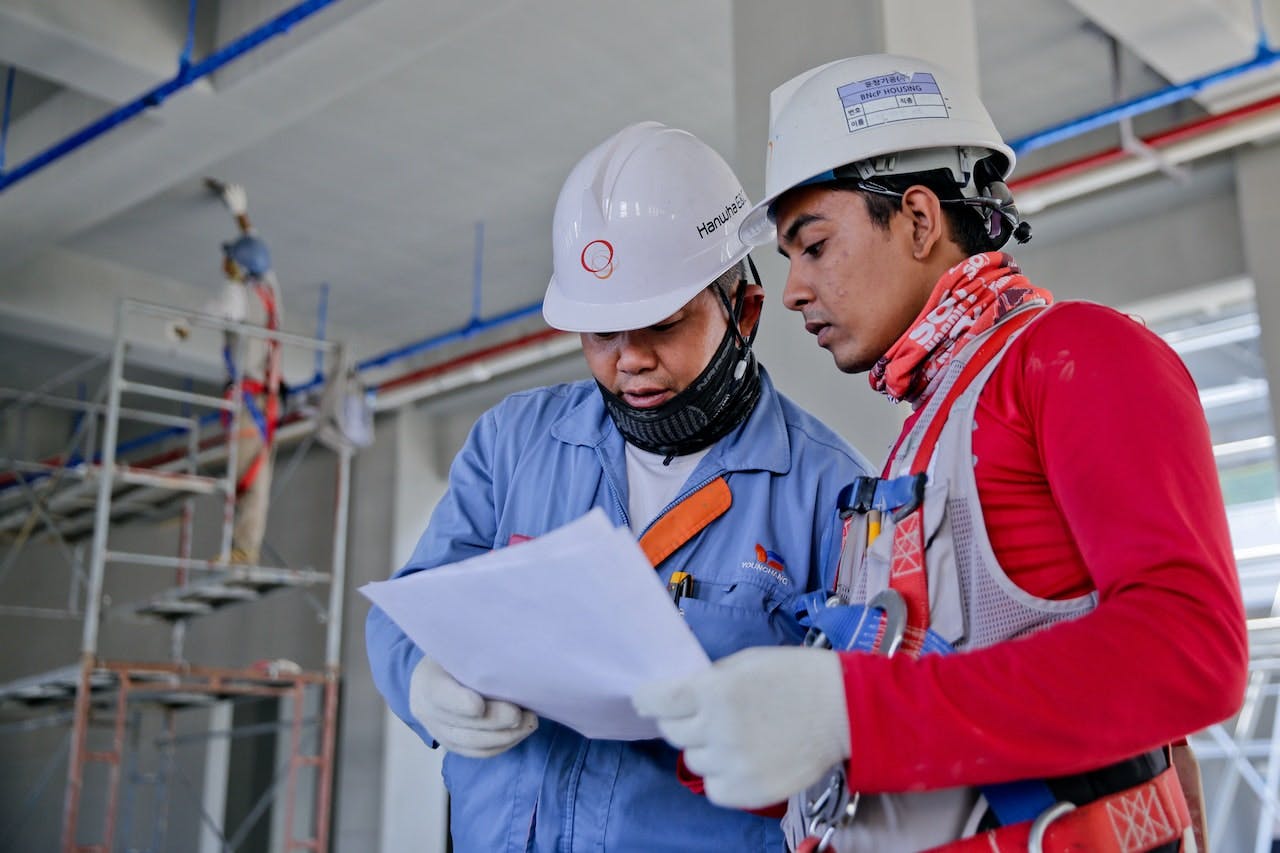Why Is Feedback Important When Onboarding Employees?


Onboarding employees is an essential function for any business. When done right, you can benefit from employees who are engaged and confident. When done poorly, however, you are more likely to face lower productivity and higher employee turnover.
Despite its importance, recent data shows that only 43% of new hires go through an onboarding process that lasts more than one day. That’s not enough time for all of the training, paperwork, and feedback that employees need to complete before working at full capacity. For businesses that rely on non-desk employees, it can be even harder to lengthen the onboarding process when those employees are harder to reach. Oftentimes, managers send out key information and surveys through an onboarding email to a new employee. But non-desk employees may rarely check email, especially in a timely manner—if they have access to email at all. This makes it harder for employees to complete training and participate in the feedback process.
Instead, you can use a texting communication platform, like Yourco, to reach all of your employees. For comparison, emails sent to non-desk employees have an abysmal opening rate at only 20%. On the other hand, text messages have an open rate of 98%! In this blog, we’ll cover how you can improve your onboarding process by adding more opportunities for feedback, including how a texting platform helps employees give feedback.
Why Is Feedback Important in Onboarding?
The importance of employee feedback surveys is that they allow you to:
- Improve internal processes
- Increase employee engagement
Feedback is important because the onboarding process is a critical time for new employees—and your business. During onboarding, new employees learn how to do their jobs effectively and safely. This is also the time when your business files important documents—like tax forms—to stay compliant with labor laws and other regulations.
To fully understand how important onboarding is (and why you should use employee feedback to improve your process), take a look at the consequences of ineffective onboarding:
- Lower Productivity: When new employees don’t know what to do, they either won’t do anything, or they’ll do something the wrong way. This slows down productivity and places extra burden on experienced team members. This can lower morale and delay project completion, which makes it harder to secure contracts in the future.
- Increased Employee Turnover: Poor onboarding leads to higher employee turnover for new hires and experienced employees. New hires need to feel confident when performing their role, and they should understand their compensation package and how it relates to their efforts. As we mentioned above, experienced team members have to work harder when new hires aren’t trained properly, which can increase their chances of searching for a job elsewhere.
- Safety Hazards: For non-desk employees, productivity isn’t the only thing at stake when it comes to getting the job done right. These team members often face hazardous conditions. You want to keep your employees safe to support their quality of life. It’s also important to properly train team members during onboarding as the average workplace injury costs $42,000 and the average workplace death costs $1,340,000, according to the National Safety Council.
The feedback stage in onboarding is your opportunity to see what worked and what didn’t. You don’t know what you don’t know, and the best people to ask about your processes are the people who go through them! New hires can give you insight on how effective training was, if it was easy enough to fill out paperwork, and if they feel supported in their role.
Why Is Feedback Important for New Hires?

Feedback is important for new hires because it allows them to take ownership of their role in your company. When you ask employees how they feel about their place at your company, they gain a sense of belonging. Their opinions matter. And because you’re willing to listen to their feedback (and take action on it), your employees will be more engaged with their work, according to Business Leadership Today.
But feedback doesn’t just come from new hires, it’s also given to them. As part of the onboarding process, new employees should receive regular feedback on how they’re progressing through training and what paperwork they have left to complete. 30/60/90 day plans are a good place to start for providing your team members with feedback. This structure defines what a new hire should know and do at the one-month, two-month, and three-month mark. Ideally, by the end of day 90, your new employees will be self-sufficient in their role. During these check-ins, you can clarify expectations, fix mistakes, and develop confidence.
What Are Some Employee Feedback Examples for Improvement?
Feedback to your new employees relates to how well they are taking on new responsibilities; feedback from new employees reveals how effective your onboarding is. Both perspectives are important for creating a productive work environment.
New hire feedback examples from team leaders include:
- How effective new hires are at tasks
- Which aspects of the job new hires need to improve on
- How well new hires are collaborating with the rest of the team
- How diligently new hires are following safety requirements
Feedback for your company from an employee examples include:
- How easy it was to complete new hire paperwork
- How confident they feel in their ability to complete tasks
- Whether or not they found the training helpful
- How comfortable they feel reaching out to team members for help
You get what you measure. If you’re not paying attention to your employees’ progress and experiences, then you won’t be able to improve, either. However, non-desk employees can be difficult to reach. There are ways to exchange feedback with your team members, no matter where their job site is, though.
How Do You Ask for Feedback from a New Employee?
The best way to reach your non-desk employees—for feedback, collecting documents, delivering instructions, or anything else—is texting! Why? Because your team will actually read what you send via SMS text messaging.
Yourco is the best platform for using text messages to improve communication while onboarding new employees. With Yourco, you can:
- Send and receive documents through SMS text messaging
- Send and receive feedback surveys through SMS text messaging
- Import surveys from popular tools like Google Forms and SurveyMonkey
- Send mass messages that employees interact with as individual conversations
- Automatically backup conversations
Contact us or try for free now to see how easy it is to get started!


